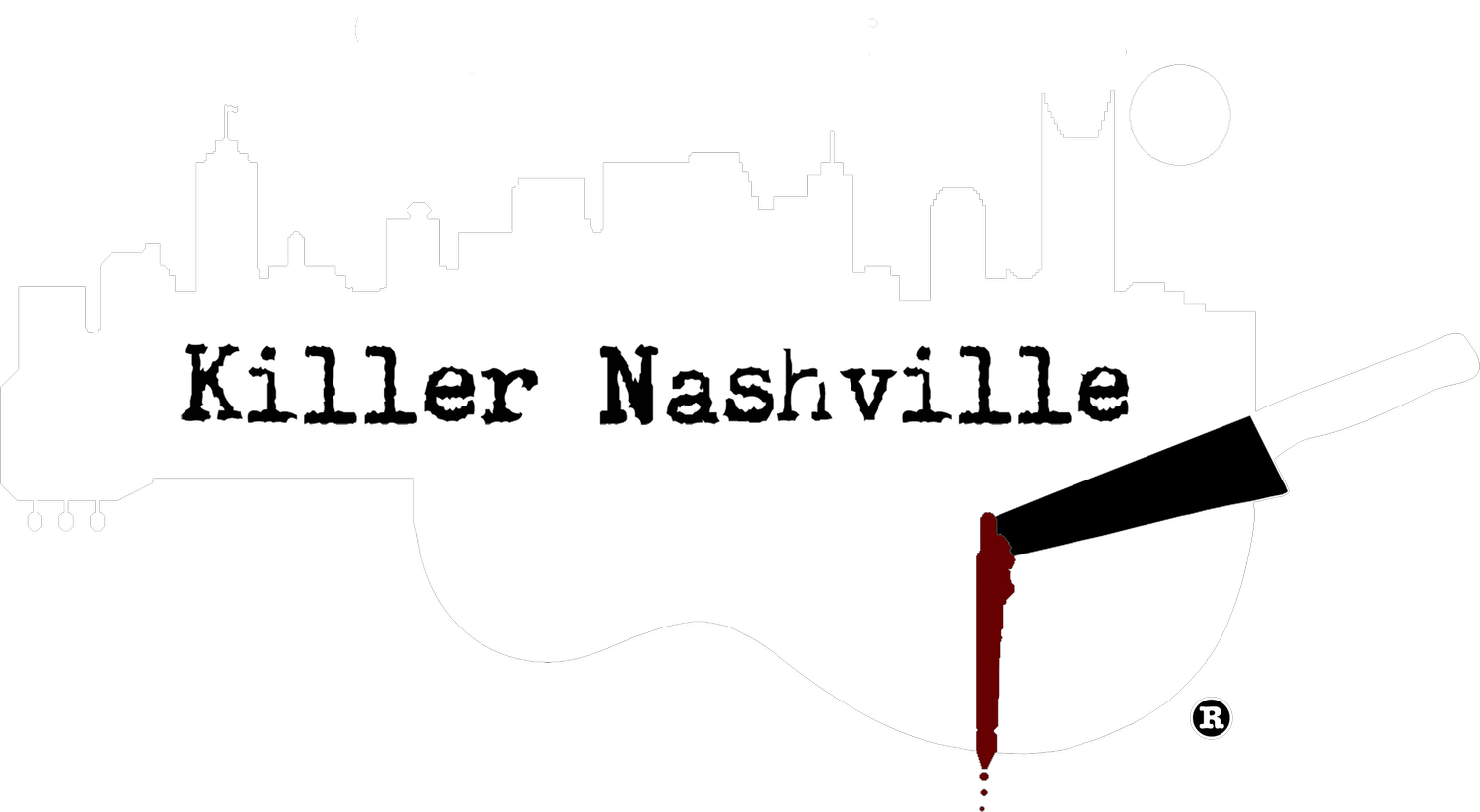Protected by Rowans
By John Beaton
Scotland's fiercest beast. The keepers saw one,
a sighting that invited lads like us:
we cycled through a Red Sea—rhododendron
embankments parted for our exodus.
Ahead, the wildcat bulleted from the grass,
a rabbit in its jaws, then dropped its prey
and sprang at us and hissed. Then slunk away.
We hunkered in the bushes, hushed, and waited.
The cat, devoutly carnivore, returned
and, as its quarry was eviscerated,
we reckoned, from the way its green eyes burned,
it sensed our presence as our stomachs churned.
Then, trundling home, we could not understand
how we debouched into a Promised Land.
A meadow spread before us, green as Ireland,
a respite from the river valley slopes;
it sparked with flowers, each a tiny firebrand—
they seemed to follow us like periscopes—
and standing, Brothers-Grimm-like, in a copse
of evil-fending rowans, windows cracked,
a house was beckoning, its door unlocked.
A solitary armchair bleeding horsehair
presided over rough-sawn floorboards where
a film of dust and ashes served to nurse her,
a lass with searching eyes and long black hair
who gazed out from a snapshot in despair,
and, edges charred, the thing she seemed to see:
beside the fire, a salvaged diary.
Around her lay: a broken baby’s rattle,
a battered wheelchair with a buckled wheel,
a rifle sight, an empty whisky bottle,
a Bible, high-heeled shoes without a heel,
a mousetrap with the echo of a squeal,
a “Sunday Post” outdated by a decade,
and sketches of a wildcat, looking wicked.
The journal stated on the frontispiece:
“Mairidh MacKenzie. Fifteen. Secret notes.”
When Geordie, who’d gone off to check the place,
returned, he held out two huge tackety boots:
“A giant must live here. They’re big as boats!”
then, “Let me read.” I balked. He took a dive at
the booklet. I held fast and kept it private.
We found our way back home. I went to bed
and thought of that small photo on the floor
till lovebirds’ wings came beating through my head
and nightfall brought a dream: Ten years before,
a black-haired girl completed every chore
her family demanded—there were lots—
yet pilfered private time to write her thoughts.
I spied her stealing, stealthy, from her work
and sneaking down a deer-path to the river;
the noonday daylight dimmed and turned to dark
except that, round her form, the air was silver,
a light that wriggled like a glowing elver
through streamside trees until she reached a plot
from which she picked a blue forget-me-not.
She sat and wrote, then watched a brown trout stitch
its way along the pool from midge to midge
as wistfully as if she were a witch
who could not ford a stream or cross a bridge
and saw the line of rises as the edge
of this, her world. I sat. She kissed my lips
and touched my temple with her fingertips.
We seemed to swim then, swaying in the current,
but clambered out and saw the wildcat
fanging an owlet whose demented parent
made razor-taloned swoops and tried to bat
its head with beating wings. The killer spat.
She kissed more vehemently and squeezed my hand
then whispered that tonight the world would end.
I found myself inside the living-room
where dust-motes, floating like a prey-bird’s feathers,
eddied in a beam that speared the gloom—
I thought it was her light. And then her father’s
great cobwebbed boots which Geordie'd found, with leathers
dry from lack of dubbin, clumped inside,
her father in them, looking like he’d died.
He downed a draught from a battered whisky flask,
and cursed the Laird—it seemed he’d been evicted.
“What went so wrong?” his slurring seemed to ask.
He saw his daughter’s diary and kicked it
as if their bloodline could be disconnected,
then picked it up and read. He looked chimeral
then gazed into my eyes. His own turned feral.
I ran outside. The darkness arched its back
and thunder purred and lightning spat. The cat
appeared before me, spring-wound for attack...
A rifle-shot. The whizz. And that was that;
the phantom shrank and fell. A barn owl sat
above; each eye gave out a blinding ray
and wildflowers drooped and turned their heads away.
Today I’m walking to that house, bedraggled
with rain. The rowans whisper: “You're being stalked,”
and, on a barbed wire fence, I see, spread-eagled
a wildcat body. Was the sight that locked
on it the one from nightmare? Who unblocked
the bridge from dream to fact? In disrepair,
one window frames a face with long black hair.
John's rhymed and metered poetry has been widely published and has won several awards. He is author of the book, "Leaving Camustianavaig." As a spoken word performer, he is also a member of the band, Celtic Chaos. John was raised in the Scottish Highlands and lives on Vancouver Island, Canada.
